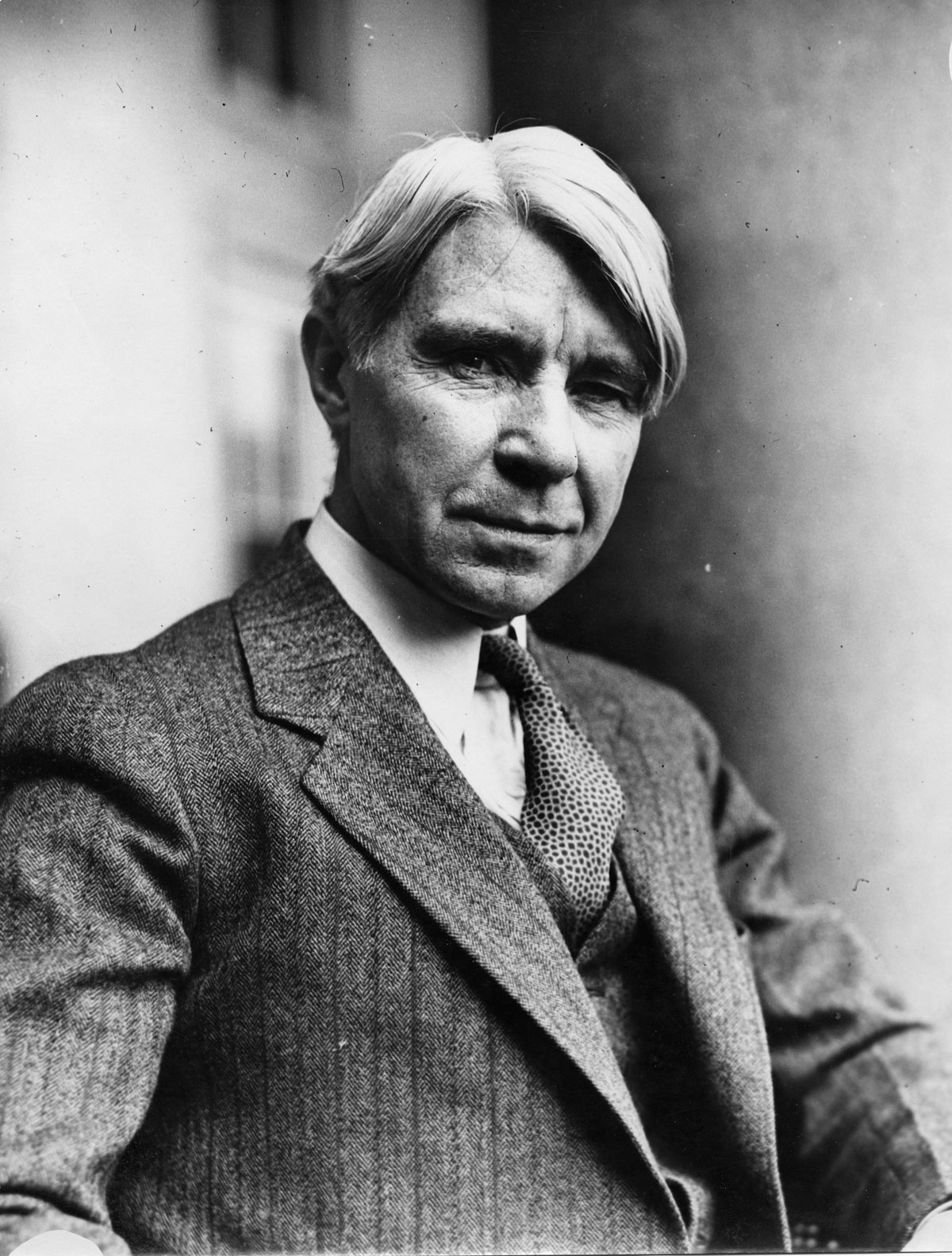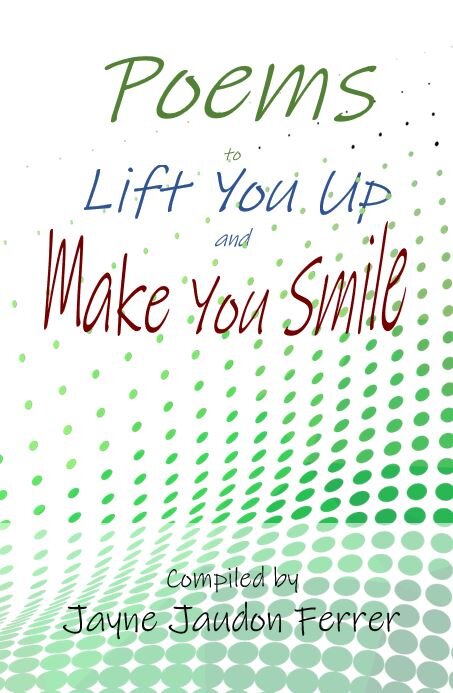| |
|
Excerpted from 'The People, Yes'
A father sees a son nearing manhood.
What shall he tell that son?
'Life is hard; be steel; be a rock.'
And this might stand him for the storms
and serve him for humdrum and monotony
and guide him amid sudden betrayals
and tighten him for slack moments.
'Life is a soft loam; be gentle; go easy.'
And this too might serve him.
Brutes have been gentled where lashes failed.
The growth of a frail flower in a path up
has sometimes shattered and split a rock.
A tough will counts. So does desire.
So does a rich soft wanting.
Without rich wanting nothing arrives.
Tell him too much money has killed men
And left them dead years before burial:
The quest of lucre beyond a few easy needs
Has twisted good enough men
Sometimes into dry thwarted worms.
Tell him time as a stuff can be wasted.
Tell him to be a fool every so often
and to have no shame over having been a fool
yet learning something out of every folly
hoping to repeat none of the cheap follies
thus arriving at intimate understanding
of a world numbering many fools.
Tell him to be alone often and get at himself
and above all tell himself no lies about himself
whatever the white lies and protective fronts
he may use amongst other people.
Tell him solitude is creative if he is strong
and the final decisions are made in silent rooms.
Tell him to be different from other people
if it comes natural and easy being different.
Let him have lazy days seeking his deeper motives.
Let him seek deep for where he is a born natural.
Then he may understand Shakespeare
and the Wright brothers, Pasteur, Pavlov,
Michael Faraday and free imaginations
bringing changes into a world resenting change.
He will be lonely enough
to have time for the work
he knows as his own.
This poem is in the public domain.
|

Carl Sandburg (1878 - 1967) was an American poet, childrenâs author, and biographer. The son of Swedish parents who immigrated to Illinois, Carl was forced to drop out of school after the eighth grade to help support the family. He worked at a number of different jobs, then did a stint as a hobo before volunteering to serve in the Spanish-American war. A plain-speaking poet with a style similar to that of Walt Whitman, Carl often chose American life as his subject matter--especially industry, agriculture, and the common man. Like Whitman, he attended several colleges, but never received a degree, except for honorary ones bestowed years later on the merit of his work.
 Buy Now Buy Now Buy Now Buy Now Buy Now Buy Now Buy Now Buy Now Buy Now Buy Now Buy Now Buy Now
|
|
Kantesh:
This poem is a reflective sharing of a
father's advice & experience to his
son to create a better next
generation than the last generation.
This will enable the son to be better
than father if son spends time alone
to improve self and others.
Posted 09/14/2019 05:35 AM
|
phoswald:
I very much appreciate receiving this excerpt from Carl Sandburg's great poem on this Father's Day. It is particularly meaningful to me and I will surely share it with my sons as my gift to them and hope they will consider their own children when they read it. Thank you for this selection Jayne.
Posted 06/16/2013 11:31 AM
|
Donna Pflueger:
I feel fortunate to have read this excerpt offered by you on this day. So many of the lines touched me and will continue to hold deeper meaning. Thank you, Jayne, for selecting this one.
Posted 06/16/2013 09:30 AM
|
Nabby Dog:
When I first saw the title I feared this might be an overly sentimental look at raising a son. What I found, however, was a hard-edged and wise listing of specific advice that I embraced without reservation. The speaker in this poem knows the world, has been around the block a few times, and is totally trustworthy. This poem is a gift to me, a father, on this special day, and I hope to share its profound insight with my own son who just last week turned 16 and is nearing manhood. Thank you, Jayne, and thank you, Carl Sandburg.
Posted 06/16/2013 09:14 AM
|
|
|
|










